—— How Online Hate Speech Pushes Misogyny to the Extreme
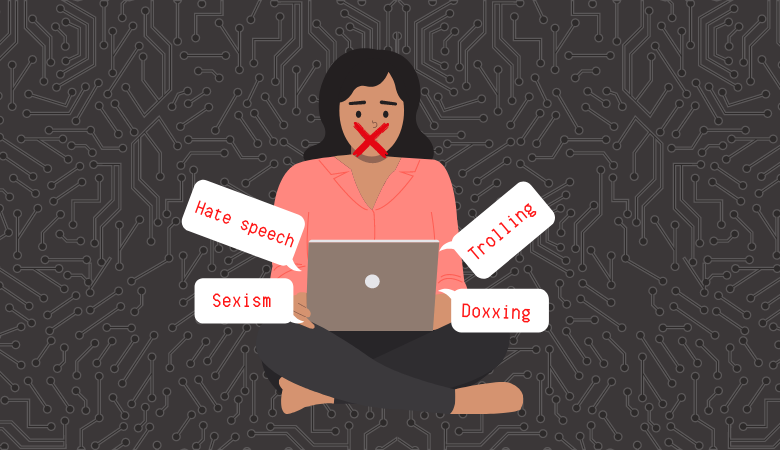
Figure 1: https://botpopuli.net/articulating-a-feminist-response-to-online-hate-speech-first-steps/
In 2013, game developer Zoe Quinn released an indie game that received critical acclaim. Just a year later, her personal information was leaked online, and she became the target of relentless doxxing, rape threats, and death threats. It all began with a baseless blog post written by her ex-boyfriend, offering no evidence—yet it ignited what would become one of the most notorious and vile misogynistic campaigns on the internet: the Gamergate.
Zoe was not the only victim of this campaign—it targeted countless other women as well. And campaigns like Gamergate didn’t just happen once; they keep happening, over and over again.
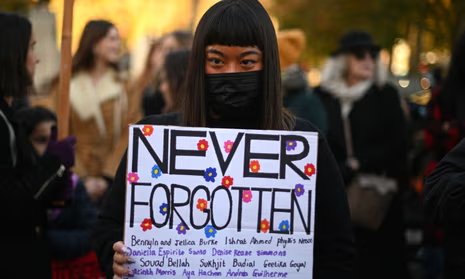
Research conducted in 2024 shows that gender-based harassment affects 76% of women using the internet, which demonstrates how prevalent online misogyny remains in cyberspace (Ging & Siapera, 2018). Many online attacks against women take the form of hate speech through humiliating language directed at them because they are women (Kate , 2017). Online misogyny operates as a distinct social power that uses aggressive language to intimidate and silence women during their time on digital platforms (Fontanella et al., 2024). By using “free speech” as a cover, hate speech refers to any communication that shapes negative attitudes toward groups or individuals, resulting in discriminatory or violent attacks. Modern technology has become essential in everyday life, but this has also exposed the foundations for misogynistic language to grow and become extreme. This paper investigates how Twitter and Reddit support the growth of misogynistic belief systems that frequently escape appropriate scrutiny. A thorough analysis of Gamergate’s woman-harassing attacks in gaming, along with the abusive online activity targeting Amber Heard and Sulli, as well as incel subculture development, demonstrates how modern digital hate fuels gender violence and sustains patriarchal societal standards.
How Online Hate Speech Radicalizes Misogyny
“The Role of Anonymity & Mob Mentality“

Social media platforms, including Twitter and Reddit, enable anonymous activity that allows users to spread both common and gender-specific hate messages when they operate with large user populations. Online screen names allow people to engage in damaging conduct without facing results. Gustave Le Bon recognized in ‘The Crowd’ (1895) how crowds could swiftly carry destructive feelings between members, thus identifying that in crowds, hate becomes contagious. His findings remain vital in modern times because social media allows groups of digital attackers to collect and launch devastating attacks swiftly. Reddit discussion threads and Twitter mob attacks converge to focus on their targets while members share common beliefs and feelings of moral superiority (Piñeiro-Otero & Martínez-Rolán, 2021). Jon Ronson illustrates in ‘So You’ve Been Publicly Shamed’ (2015) that social media attacks grow exponentially when users join as a continuous reaction to a single initial post. These platforms enable aggressive behavior and motivate through positive reinforcement. Algorithm upvotes and retweets give more power to the loudest users who frequently display aggression. The attention that abusers receive from their victims creates feelings of satisfaction, but their targets experience overwhelming emotional hardship along with humiliation due to the abuse. Most resort to concealment in public life as their only remedy, after which online spaces are even less welcoming to those subjected to discrimination.
“Language as a Weapon“

Online misogyny is well aided by the instrumental paths that language provides for normalization and radicalization. The language used today keeps hate alive while it inspires more aggressive forms of cultural misogyny (Ging & Siapera, 2018). Amanda Montell uses ‘Wordslut’ (2019) to show how misogynistic insults and coded speech work to maintain discriminatory attitudes against women that range from outspoken to hidden sexism. The incel subculture maintains multiple dehumanization vocabularies exclusively used for women inside their online communities. The constructed term “femoid” combines “female” with “humanoid” to label women as subhuman figures who lose their identity along with both freedom and emotional capacity (Montrell, 2019). Such language extends past fringe forums. Social media users used the label “gold-digger” to portray Amber Heard as a scheming person who pursued financial benefits throughout her defamation trial with Johnny Depp (Rosenblatt, 2022). Rude labels operate as rhetorical instruments that destroy female credibility while creating grounds for hostile or violent treatment. The risk becomes especially hazardous because such terms are repeated. Exposure to misogynistic language through memes, tweets, and comment sections creates a situation where it feels ordinary. Fresh individuals—especially those who are young—accept this phrase as part of their digital lingo before understanding what it signifies. Hate enters normal internet culture because the extreme nature of hateful content gradually seems acceptable to people who encounter it repeatedly.
“Algorithms Amplifying Extremism“
Hate online functions as a spreading mechanism that becomes more rapid due to algorithmic control systems. Through her novel ‘Yellowface’ (2023), Jenny Kuang demonstrates that digital platforms purposely promote outrage because outraged users tend to stay active on their platforms. Indignation alongside anger operates as active responses that drive individuals to become involved. The social media cosmos operates through engagement because it leads directly to profitability. Most viral content contains materials that trigger strong emotional reactions, especially uncontrolled anger. The system motivates content creators to explore extreme content by picking on underrepresented groups of individuals with a special emphasis on women to achieve the most dramatic reactions. The result? The repeated circulation of misogynistic content leads to increased viewing statistics, which results in greater audience reach. Virtual communities consisting of incel forums together with niche subreddits nurture angry hate narratives until the language spreads across more extensive networks, including Twitter and YouTube. The algorithmic system directs users to scroll while expanding extreme messages. While promotional platforms attempt to establish neutral positions, they maintain limited distance from the negative results caused by their content distribution. This is a feedback mechanism. The hate content gets numerous awards as it spreads faster across these platforms. Every misogynistic post that exists online not only survives but grows by attracting more audience attention, which then boosts its influence while providing profit for many creators.
“SOME REAL CASE WE HAVE TO KNOW”
Gamergate

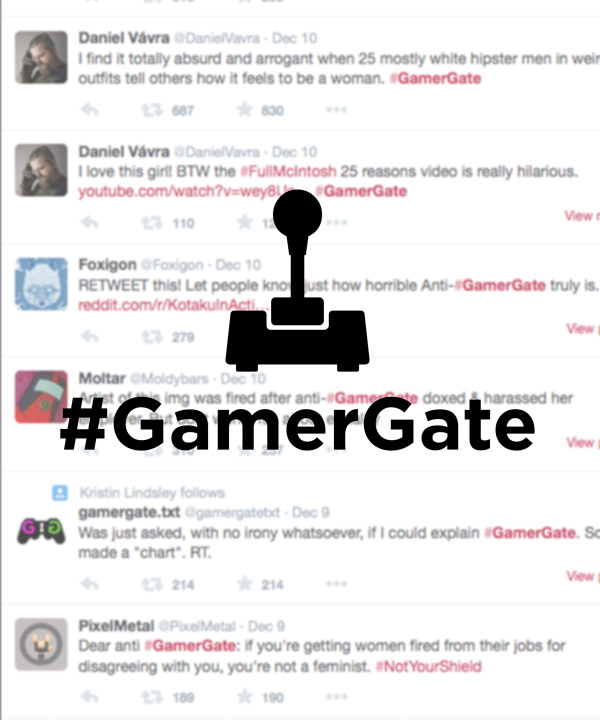
The Gamergate event in 2014 marked a key point in online misogynist history through continued harassment toward independent developer Zoe Quinn (Stuart, 2014). Its origin as a supposed ethical issue in gaming journalism was rapidly transformed into systematic harassment activities. Quinn was subjected to persistent abuse, which included releasing her personal information, and faced continuous sexual threats from gamers who claimed to defend gaming ethics. Online harassment beyond targeted bullying exists across different digital platforms, including 4chan and Reddit (Bates, 2020). Through Gamergate, the world witnessed how disconnected internet actors could deploy anger-driven tactics with technology and misinformation to silence women, creating a prototype that is repeated for future digital discrimination projects. The campaign verified that harassing women through gender-based attacks became a valid way to express criticism and paved the way for other unethical movements after its release, indicating how easily internet culture can transform personal hatred into large-scale social violence.
The Celebrities
Amber Heard & Choi Jin-ri(Sulli)

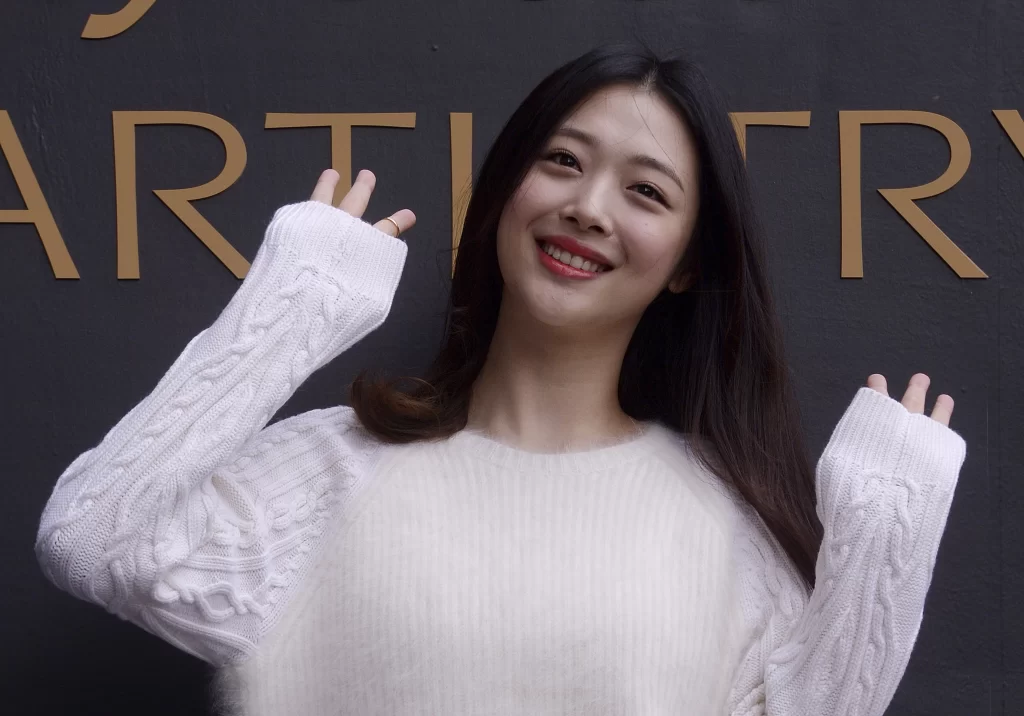
Public figures among women currently serve as prime targets for masked hateful assaults, which get passed off as mere criticism because of their high-profile nature. During the defamation trial of Amber Heard’s situation with Johnny Depp, social media became an organized harassment venue when fans supported Depp with #JusticeForJohnny hashtags. Social media users reduced the intricate Heard v. Depp trial into entertainment content through memes and TikToks that targeted Heard for public hatred (Rosenblatt, 2022). The South Korean pop star Choi Jin-ri or Sulli suffered from multiple years of cruel internet abuse because she promoted feminism and rejected traditional K-pop gender standards (Salvoni, 2024). Korean media research identifies the sustained digital harassment as an essential factor in her suicide after national news outlets reported her death. Through ‘The Chalice and the Blade’ (1987), Riane Eisler explains that attacks against defiant women function as social control that targets individuals who break traditional gender roles or patriarchal norms. The cases show that digital platforms enhance public observation while transforming misogynistic tendencies into linguistic abuse.
Incels and Online Radicalization

The incel movement, which stands for “involuntary celibates,” demonstrates one of the most dangerous types of online radicalization that manifests from misogyny (Sparks et al., 2022). These communities, which used to exist on Reddit through r/incel before its ban, now persist on Twitter, using coded hashtags to criticize women for causing their social and sexual problems. The transformation from natural feelings of being alone leads members of incel communities toward violent extremism, which portrays females as deceivers with superficial natures who deserve punishment. Digital hate without control produces damaging effects that become observable within society. Through online networks, people find both outlets for complaints and opportunities for ideological agreement, strengthening extremist views and validating participants. The incel example proves that the internet functions as a breeding ground for misogyny, where users transform their feelings of loneliness into destructive anger that leads to fatal outcomes.
What can we do?
Digital misogyny elimination needs multiple strategies to control and eliminate it effectively. The implementation of advanced content moderation systems needs to enhance its definition of misogyny with strict enforcement of hate policies. Platforms need to modify their algorithms to slow down the circulation of damaging content while providing users more visibility regarding how content is promoted or suppressed. Legislative change needs to take place because governments must create laws that enforce platform responsibility for abuse facilitation alongside victim rights in online harassment situations. Education plays a critical role. Academic institutions should implement gender-aware education, media education programs, and classes that teach empathy to achieve sustainable cultural transformation. Amanda Montell urges women to take control and deal with derogatory language directed at them, shaping societal conversations about gender (Montrell, 2019). Support for feminist advocacy groups should enable them to establish safe online and physical spaces that promote marginalized voices. A durable counterattack on misogynistic structures requires joint initiatives between activists and officials together with teachers and developers of technological solutions. Cultural values must be changed because it will support inclusive practices and require accountability to safeguard human dignity. Society needs collective action to combat misogyny and remove it from existence successfully.
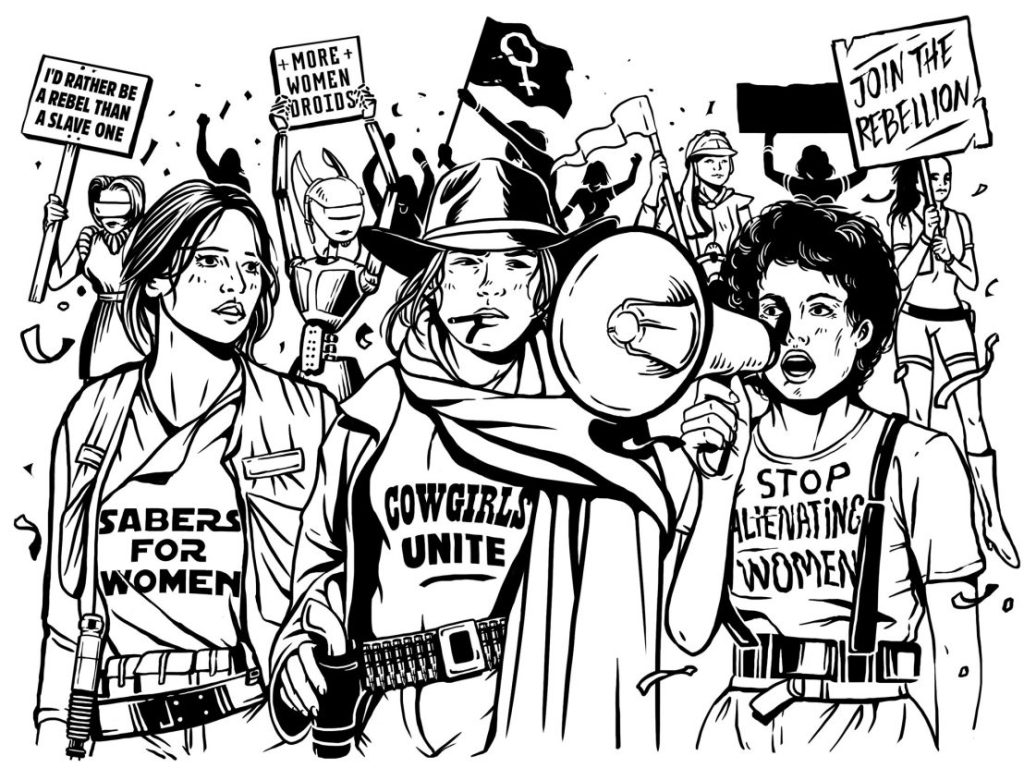
References
Bates, L. (2020). Men Who Hate Women: The Exrimisim no one is talking about.
Eisler, R. (1987). The Chalice and the Blade.
Fontanella, L., Chulvi, B., Ignazzi, E., Sarra, A., & Tontodimamma, A. (2024). How do we study misogyny in the digital age? A systematic literature review using a computational linguistic approach. Humanities and Social Sciences Communications, 11(1), 1–15. https://doi.org/10.1057/s41599-024-02978-7
Ging, D., & Siapera, E. (2018). Special issue on online misogyny. Feminist Media Studies, 18(4), 515–524. https://doi.org/10.1080/14680777.2018.1447345
Gustave Le Bon. (1895). The Crowd: A Study of the Popular Mind.
Kate, M. (2017). The Logic of Misogyny.
Kuang, R. (2023). Yellowface.
Montrell, A. (2019). Wordslut: A Feminist Guide to Taking Back the English Language.
Piñeiro-Otero, T., & Martínez-Rolán, X. (2021). Eso no me lo dices en la calle. Análisis del discurso del odio contra las mujeres en Twitter. El Profesional de La Información, 634357(100561). https://doi.org/10.3145/epi.2021.sep.02
Ronson, J. (2015). So, You’ve Been Publicly Shamed.
Rosenblatt, K. (2022, April 27). Johnny Depp and Amber Heard Defamation Trial: Summary and Timeline. NBC News. https://www.nbcnews.com/pop-culture/pop-culture-news/johnny-depp-amber-heard-defamation-trial-summary-timeline-rcna26136
Salvoni, E. (2024, August 29). Inside the dark world of K-pop: From gang-rape and sex club scandals to rampant drug abuse, leaked… Mail Online; Daily Mail. https://www.dailymail.co.uk/news/article-13791943/dark-world-Kpop-rape-sex-scandals-drug-abuse-sex-tapes-suicides.html
Sparks, B., Zidenberg, A. M., & Olver, M. E. (2022). Involuntary Celibacy: a Review of Incel Ideology and Experiences with Dating, Rejection, and Associated Mental Health and Emotional Sequelae. Current Psychiatry Reports, 24(12), 731–740. https://doi.org/10.1007/s11920-022-01382-9
Stuart, K. (2014, December 3). Zoe Quinn: “All Gamergate has done is ruin people’s lives.” The Observer. https://www.theguardian.com/technology/2014/dec/03/zoe-quinn-gamergate-interview

Be the first to comment